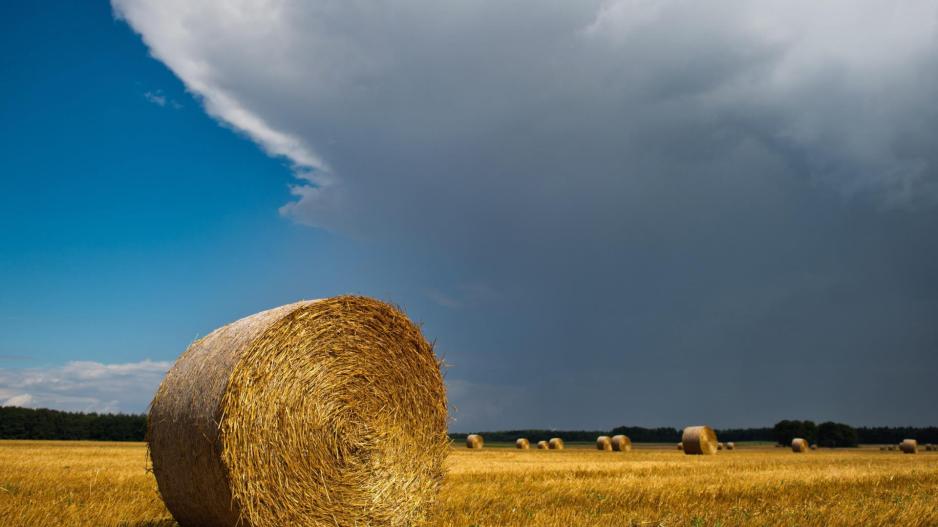Cyprus at Risk of Food Insecurity Without Immediate Action on Water Dependency
Farmers Warn of Critical Impact on Agriculture as Drought Enters Fourth Consecutive Year
If Cyprus does not break its dependency on weather conditions, the issue will no longer be food price inflation—but food insecurity—warned Panikos Hambas, Secretary General of the Union of Cypriot Farmers (EKA), in a statement to Cyprus News Agency. He stressed the urgent need for radical short- and medium-term measures.
“This is a tragic situation,” Hambas said, noting that this marks the fourth consecutive year of drought in Cyprus.
When asked for further details, he explained that many producers growing hay for animal feed are seeing their crops turn yellow before reaching maturity. As a result, they are forced to harvest them early while still fresh, significantly reducing their yield.
He added that while the recent rainfall may have helped in isolated cases where crops were still green, it came too late for farmers who had already harvested or whose plants had already yellowed.
Asked whether this situation will lead to price increases for livestock farmers—and consequently for consumer products—Hambas responded that the issue may soon surpass inflation. “We won’t be talking about high prices, we’ll be talking about food insecurity. We will be searching for food,” he said.
Hambas emphasized that the goal should be to reduce farmers' dependence on weather conditions. This, he stressed, requires substantial investment in the maintenance of existing dams, the construction of new ones, and the development of multiple desalination units.
“You can’t cut water from farmers in order to supply golf courses from the reservoirs,” he underlined, adding that it should be mandatory for hotels to operate their own desalination units.
He also pointed to the urgent need to resolve the pipeline issue that would transfer treated water from the Mia Milia wastewater plant to the agricultural areas of Geri, Dali, Lymbia, and Athienou—regions that produce animal feed for livestock farming and milk production. This solution, he said, could allow the exploitation of vast quantities of water.






